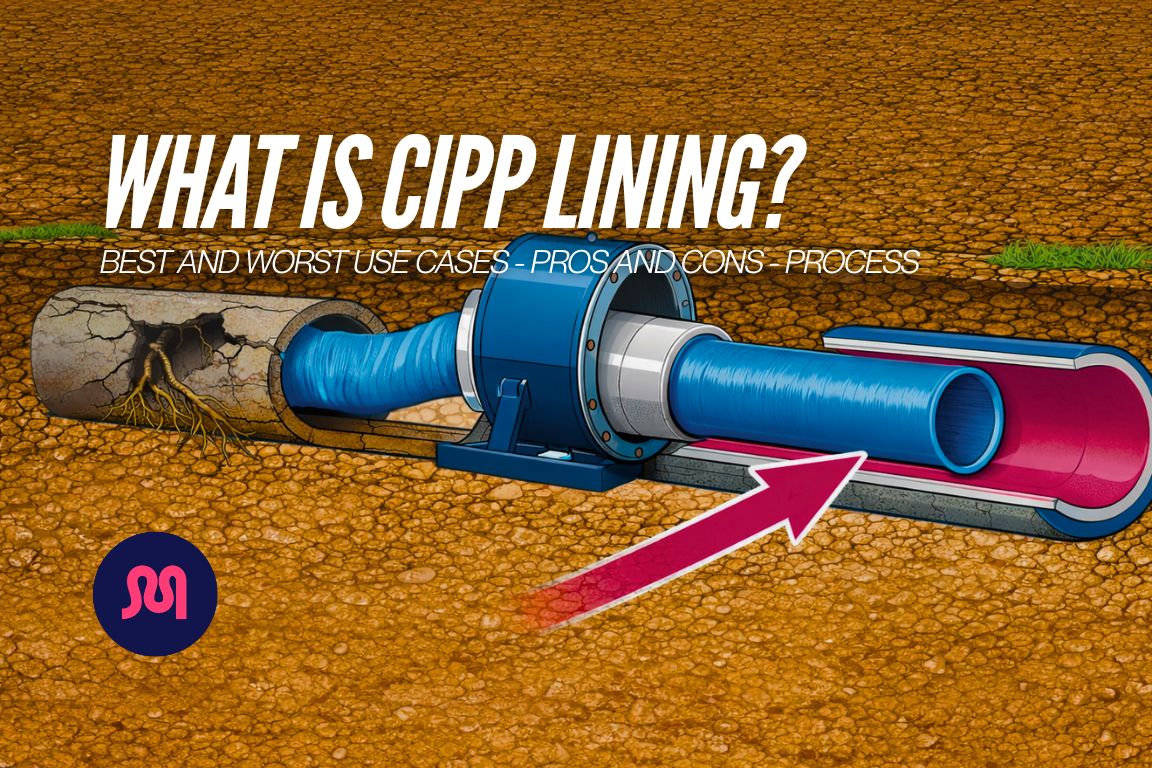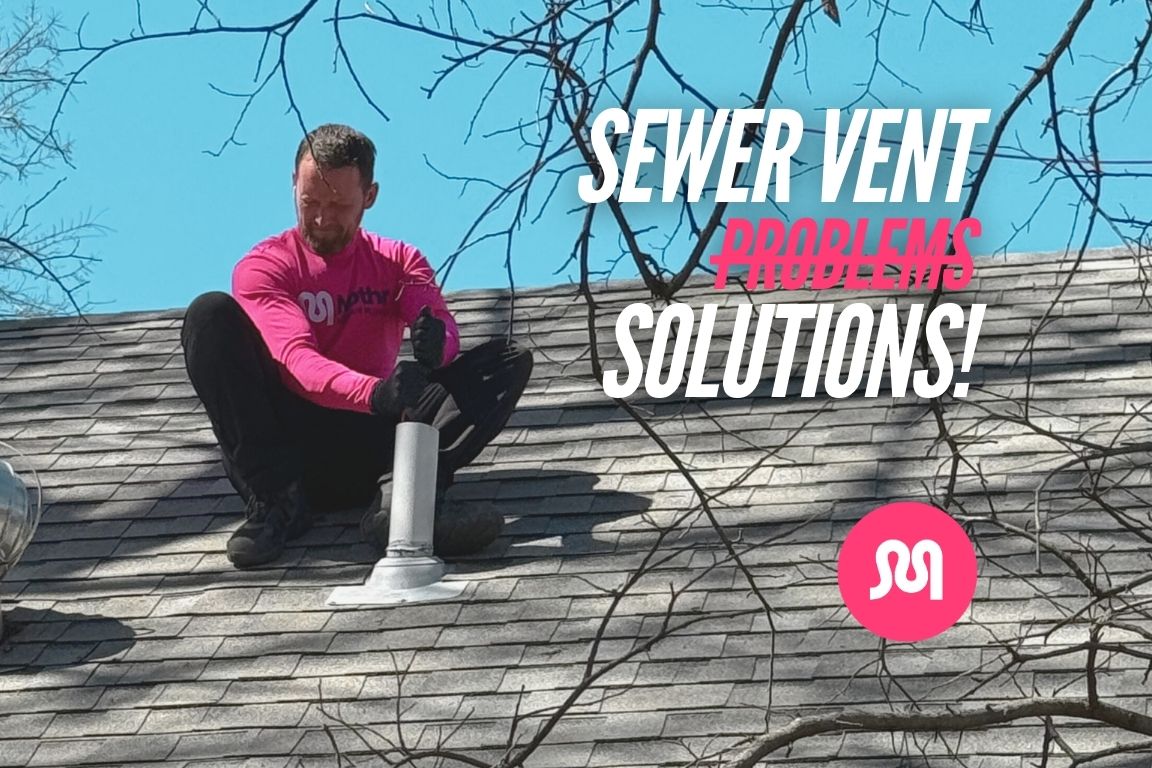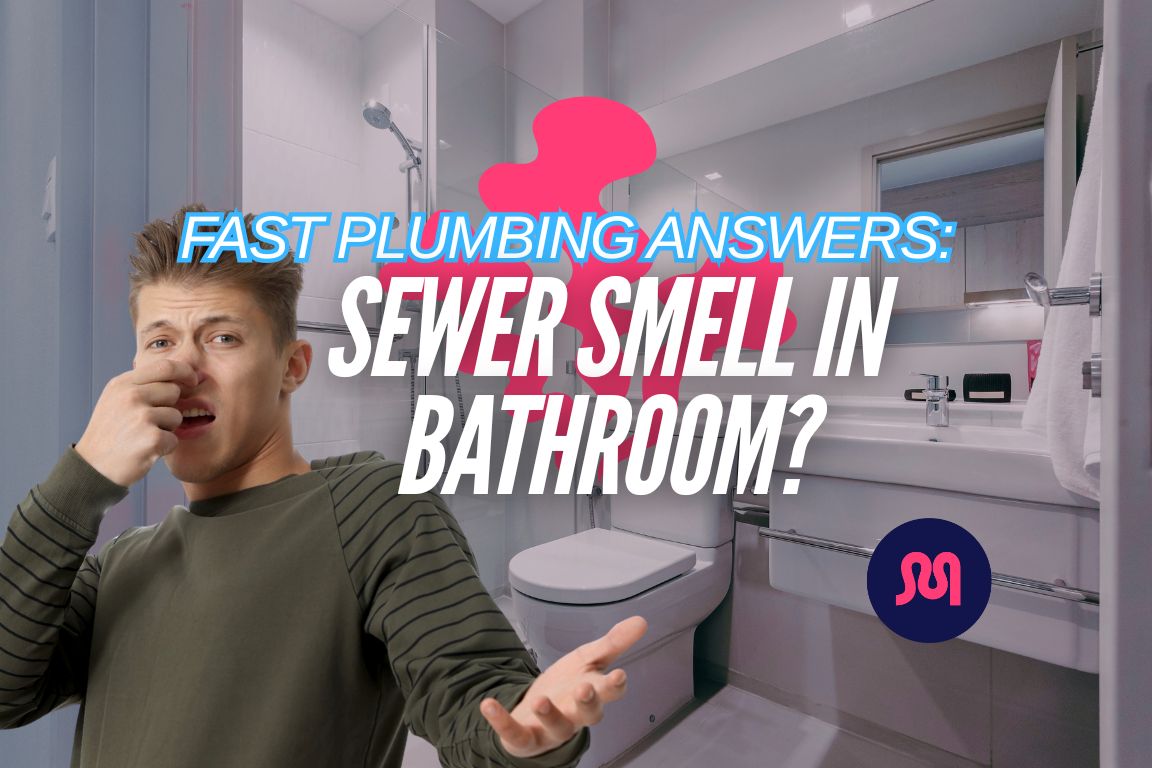How to Fix Dry Hair After Showers Once and For All
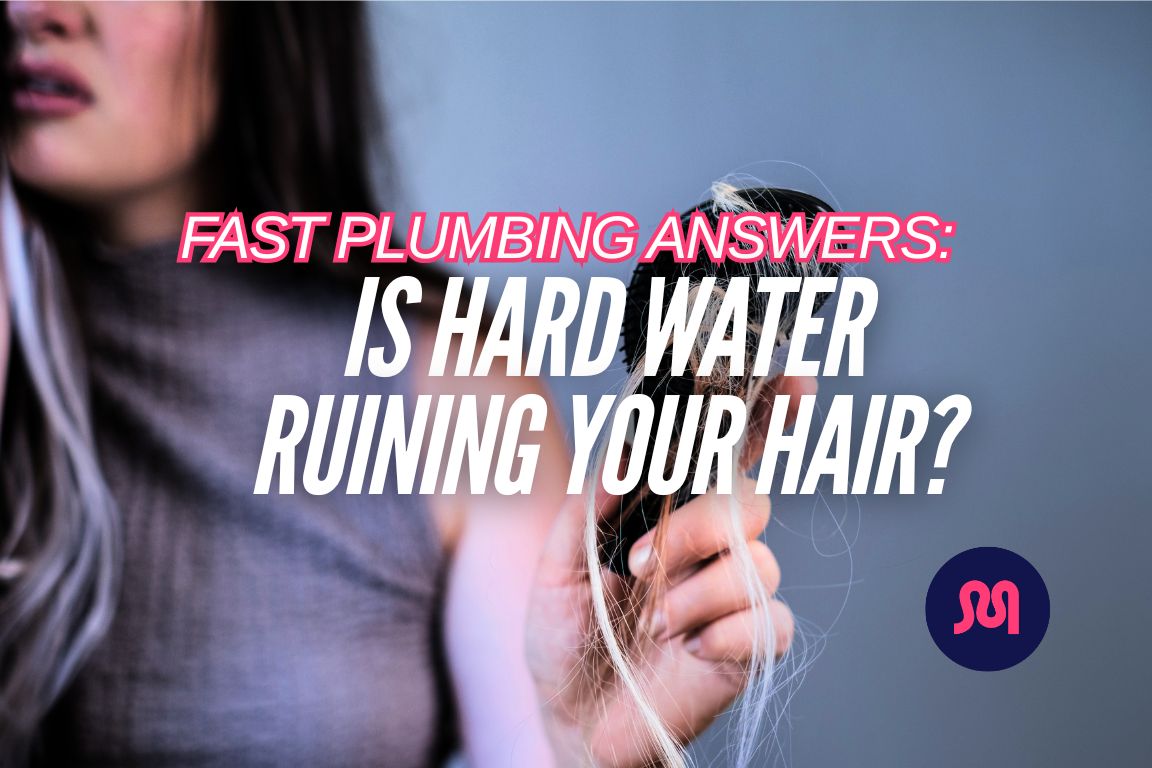
table of contents
table of contents
You just washed and conditioned your hair (twice!). But when you get out of the shower, it’s already dry and brittle. Our Dallas customers know the problem all too well- the same hard water minerals that gunk up your plumbing have the same impact on your hair.
At Mother, we know that smart plumbing solutions mean more than fixing pipes and clearing drains. We care about the real, everyday problems homeowners face due to water quality issues in Dallas- because we live here too and experience the same issues.
Thankfully, we have the expertise to solve them.
In this article, we’ll explain how hard water leaves your hair so dry after you shower. We’ll offer short-term “Band Aid” solutions (like changing your shampoo). Then, our Master Plumbers share how water softening systems provide the “forever” fix to brittle hair- plus dingy clothes, stained dishware and other daily hassles.
Live in Dallas? Call Mother anytime, 7 days a week. We’d love to share our water softening expertise with you, and talk about installing a system in your home.
{{whole-home-water-softener-installation="/services/whole-home-water-softener-installation"}}
How Hard Water Causes Dry Hair After Showers
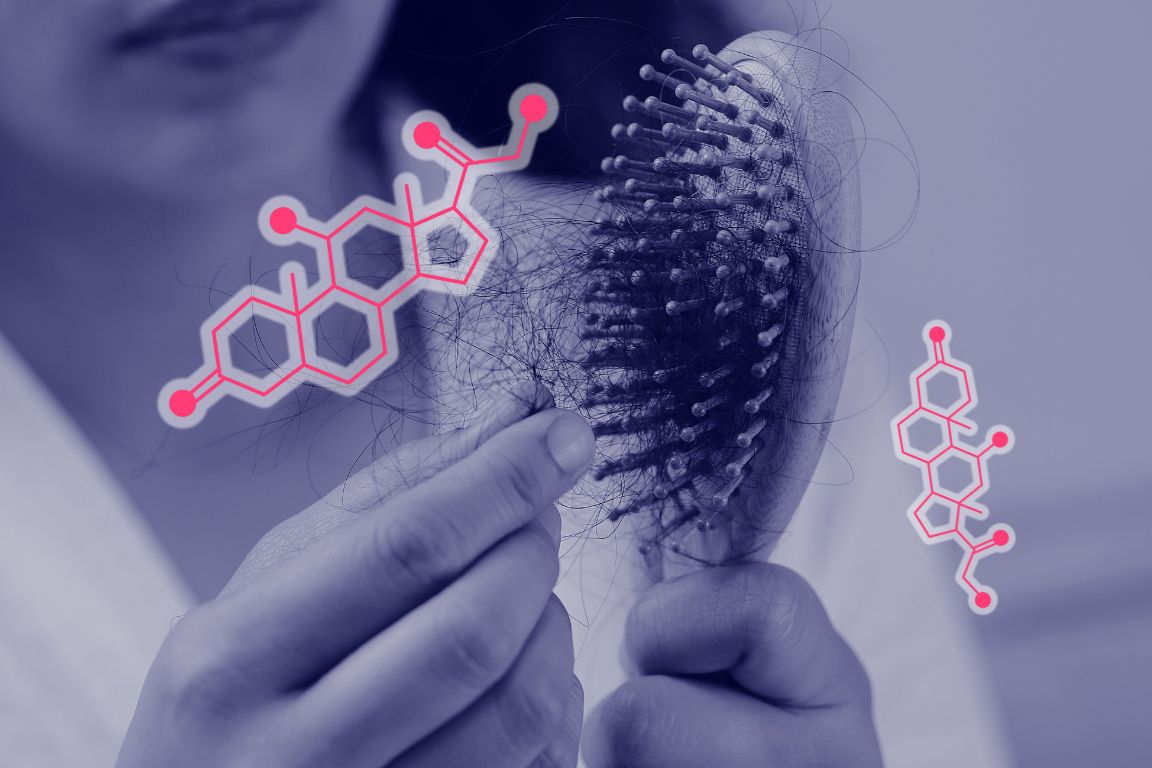
When you have hard water, it means the incoming water to your home has high levels of certain minerals- calcium, magnesium, and calcium carbonate (limescale).
These minerals deplete the natural oils in your hair. When stripped of these oils, your hair becomes dull, flaky and brittle. Think of the crusty calcium deposits on your faucets- now, imagine the same effect on your hair follicles.
You can condition your hair multiple times, and it won’t make much of a difference if you have extremely hard water- conditioner won’t remove those minerals.
5 ways hard water ruins your hair
We asked Dallas residents about their biggest hair quality complaints- it wasn’t hard to get their feedback! Here are the top five ways real homeowners say hard water is affecting their hair:
- Limp, lifeless hair. “No matter how much product I use, my hair is flat as a pancake,” one homeowner told us. This occurs because hard minerals disrupt your hair follicles from producing new, healthy cells.
- Dry and brittle hair post-shower. After showering with hard water, it can feel like your hair is already dried out while it’s still wet. Mineral buildup stops the natural moisture of water from nourishing your hair.
- Lack of shine. Calcium and magnesium form a thin film over your hair strands. This film strips your hair of its natural shine, making it look dull.
- Increased tangles. When one homeowner moved from Oregon to North Texas, she started getting knots and tangles in her hair for the first time. Hard minerals restrict your hair’s natural lubrication process, making tangled hair more likely.
- Scalp irritation. People with sensitive skin may experience dry, itchy scalps after consistent hard water showers.
{{why-does-dallas-have-hard-water="/blogs/why-does-dallas-have-hard-water"}}
The “Band Aid” Solution: Sulfate-Free Shampoo
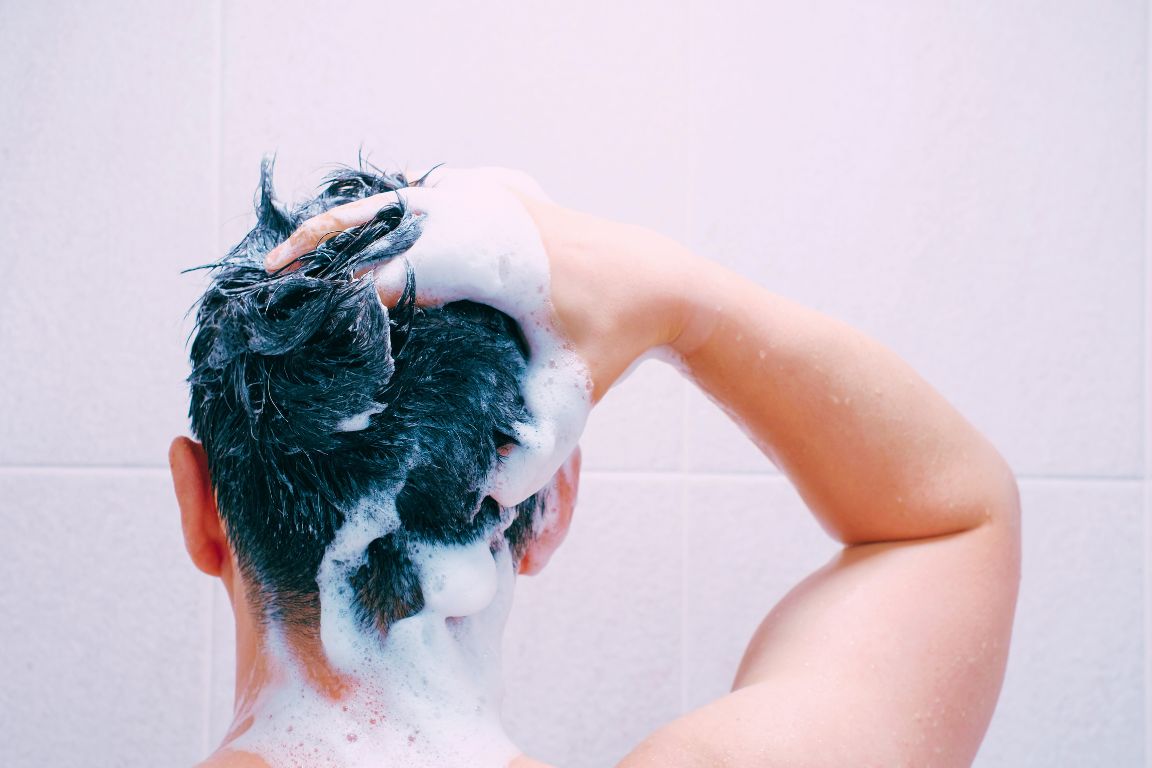
If you’re looking for a short-term fix to the hard water in your showers, consider a switch to sulfate-free shampoo and conditioner.
Many store-brand shampoos use sulfates like sodium laurel sulfate (SLS) to create the rich, foamy lather you expect in hair cleaning products.
While sulfates aren’t bad for everyone, they do have a negative impact on those with sensitive skin or dry hair. These chemicals can strip hair of its natural oils (especially curly hair), and leave users with dry, flaky scalps.
This makes a combination of sulfates and hard water extremely tough on your hair. Still, it’s estimated that 90% or more of shampoos currently list sulfates as ingredients.
Sulfate-free shampoo and conditioning products use much milder cleansing agents derived from plants. You won’t see the same rich later, but you’ll still have perfectly clean hair.
Water Softeners: The Permanent Fix to Hard Water Showers
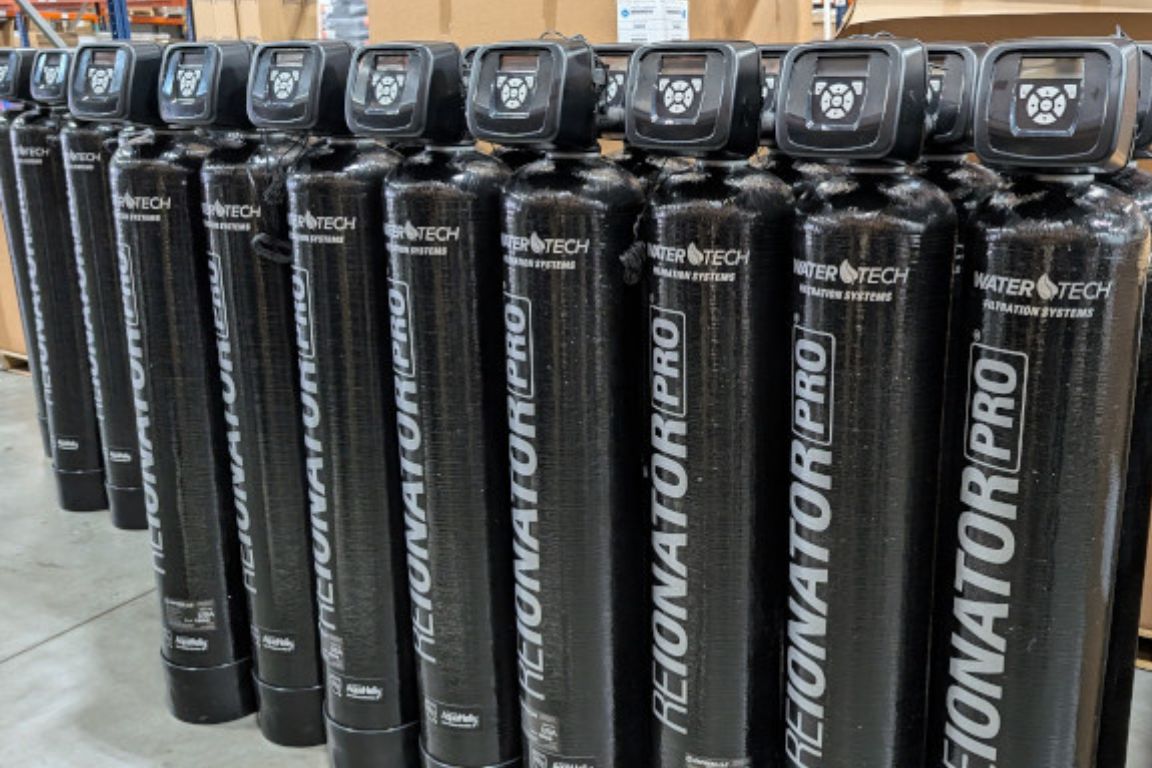
If you want a “forever” fix to dry, brittle hair caused by hard water in the shower, install a home water softening system.
Whole home water softeners treat the incoming water supply as your main water line reaches the house. This ensures the negative effects of hard water never reach your shower- or any tap, faucet, or water using appliance in your home.
TL;DR: If hard minerals never touch your hair, you eliminate the problem before it starts. (That’s the kind of proactive maintenance our plumbers love.)
How water softeners work (the quick version)
Home water softening systems remove dissolved calcium and magnesium from your water supply using what’s called an ion exchange.
Hard water from your main water line enters a mineral tank before reaching your taps. The tank contains resin beads that are charged with sodium ions. Hard mineral ions are attracted to these charged resin beads — so they “stick” in the tank and don’t reach your shower.
Don’t worry- these sodium ions don’t feel or taste like salt. The amount of altered ions in your water is so small it doesn’t affect the taste.
5 other benefits of soft water in your home
The best part: installing a water softener does much more than save your hair. It protects your appliances, fixtures and pipes from the effects of hard mineral scaling and deposits.
Here are five more ways you’ll benefit from softening your home’s water supply:
- Less cleaning supplies: The average homeowner spends $87 less on cleaning supplies per month by purchasing less soap and detergent.
- Brighter laundry. Calcium and magnesium buildup makes clothes dingy. Softened water restores bright, vibrant colors.
- Cleaner dishes. Say goodbye to hard water spots on glassware in the dishwasher.
- Lower energy bills. Less internal scaling means more efficient appliance performance. This can reduce home energy bills by $18-$20 per month.
- Reduced appliance maintenance: Think about how often you descale and flush your water heater, clean out your washing machine and dishwasher, and flush other water-using fixtures (like your fridge water dispenser). Less mineral scaling = less maintenance on all these appliances.
Each of these benefits makes daily life easier- but they also save you money. We combined our research with data from the experts at WaterTech- the average homeowner in a hard water region saves $1,550 per year on expenses after installing a water softener.
{{home-water-softener-savings="/blogs/home-water-softener-savings"}}
Fix Your Dry Hair and Improve Your Home’s Water Quality
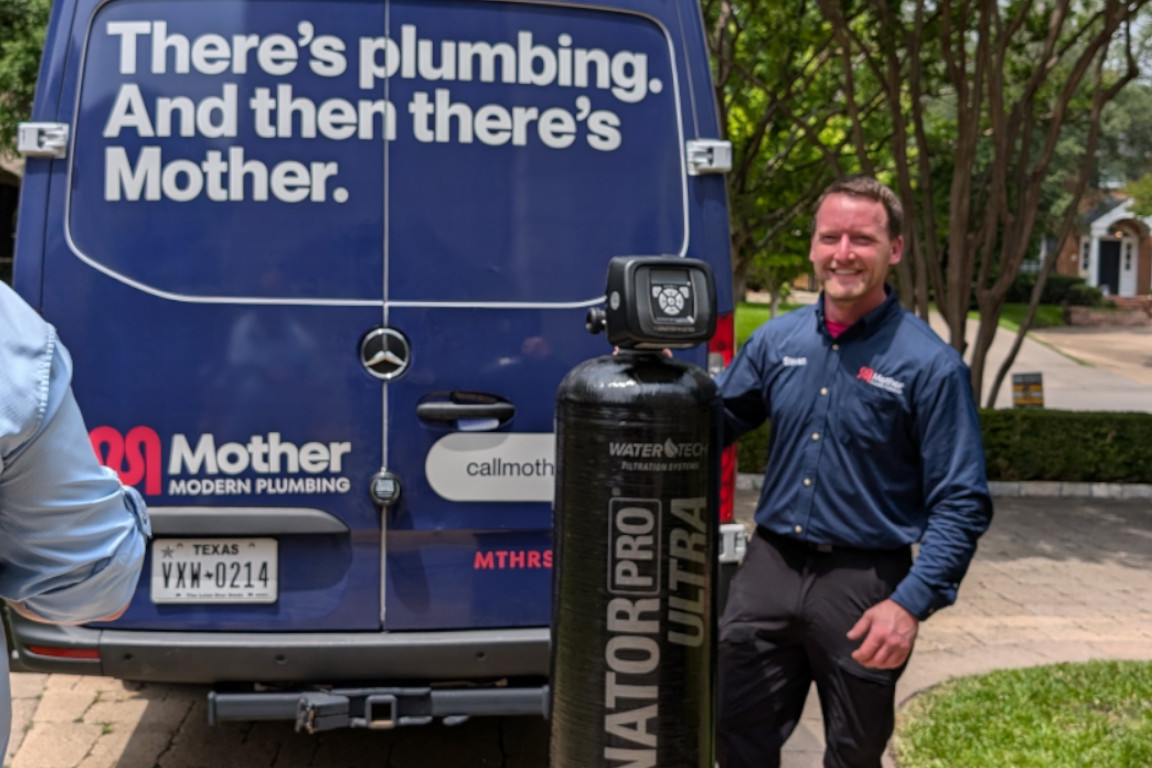
If you’re looking for a quick fix to dry hair after showering with hard water, switch to sulfate-free shampoo for a less stringent cleaning product. If you want a permanent solution that benefits your entire home, a water softening system is the right choice.
Mother’s expert Master Plumbers recommend WaterTech products. They’re independently lab-certified to soften your water- plus they offer strong filtration benefits that clean your water of PFAS (forever chemicals), lead, pesticides, bacteria and other contaminants.
We believe in WaterTech so strongly, our entire team is certified through WaterTech University to install, inspect and maintain their products proficiently.
Dallas residents: sick of dry hair after showers, and ready for a permanent upgrade to your home’s water quality? Call us 24/7 and ask about water softening options for your home.
{{whole-home-water-softener-installation="/services/whole-home-water-softener-installation"}}
Common Q’s about Water Testing Services
What's the difference between a water softener and water conditioner?
Water conditioners alter the way minerals travel through your water, while a water softener system removes hard minerals altogether. They also differ in salt use, their maintenance needs, and their effect on the local environment.
Are all water softeners salt free?
No. The term “salt free water softener” is usually an advertising myth. Virtually all home water softeners use salt in their ion exchange process — a select few products use potassium chloride instead.


